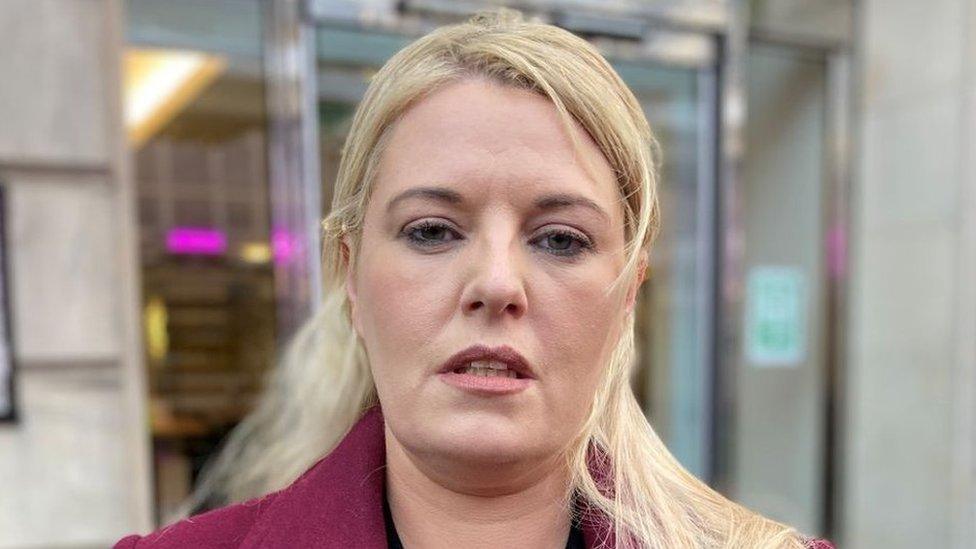Scottish Covid Inquiry: What is it investigating and how does it work?
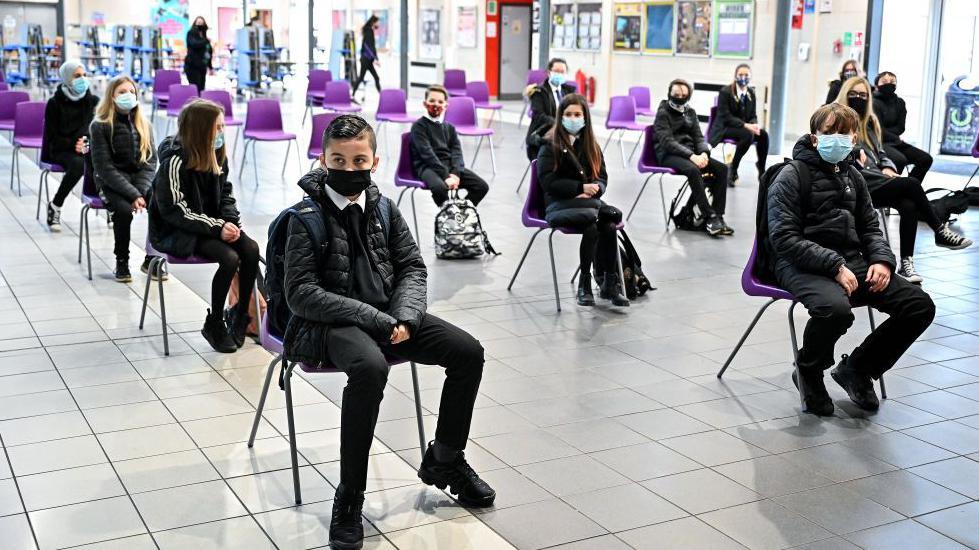
- Published
The latest evidence sessions of the public inquiry investigating Scotland's response to the pandemic will take place over the coming weeks.
The Scottish Covid Inquiry started its hearings last year and has already covered the impact of the pandemic on people using health and social care services.
Now the inquiry will turn its attention to how the delivery of education at all levels in Scotland was affected by the Covid crisis.
In all areas the inquiry will look at the impact of the pandemic first, before turning to how decisions to respond to the public health emergency were taken, and then how Covid policies were implemented.
What does the public inquiry cover?
The aim of Scotland's Covid public inquiry is to establish the facts of what happened during the country's response to the pandemic and work out what lessons can be learned for the future.
The inquiry has been commissioned by the Scottish ministers but operates independently under chairman Lord Brailsford.
A total of 12 elements of Scotland's pandemic handling will be examined and these come under three themes:
Health and social care
Education and young people
Finance, business and welfare
Pandemic planning, the supply of personal protective equipment, school closures and lockdown guidelines for businesses are just some of the issues which are being examined.
At the end of the inquiry no-one is found guilty or innocent, but recommendations are made and expected to be implemented by the Scottish government.
How is it different to the UK Covid inquiry?
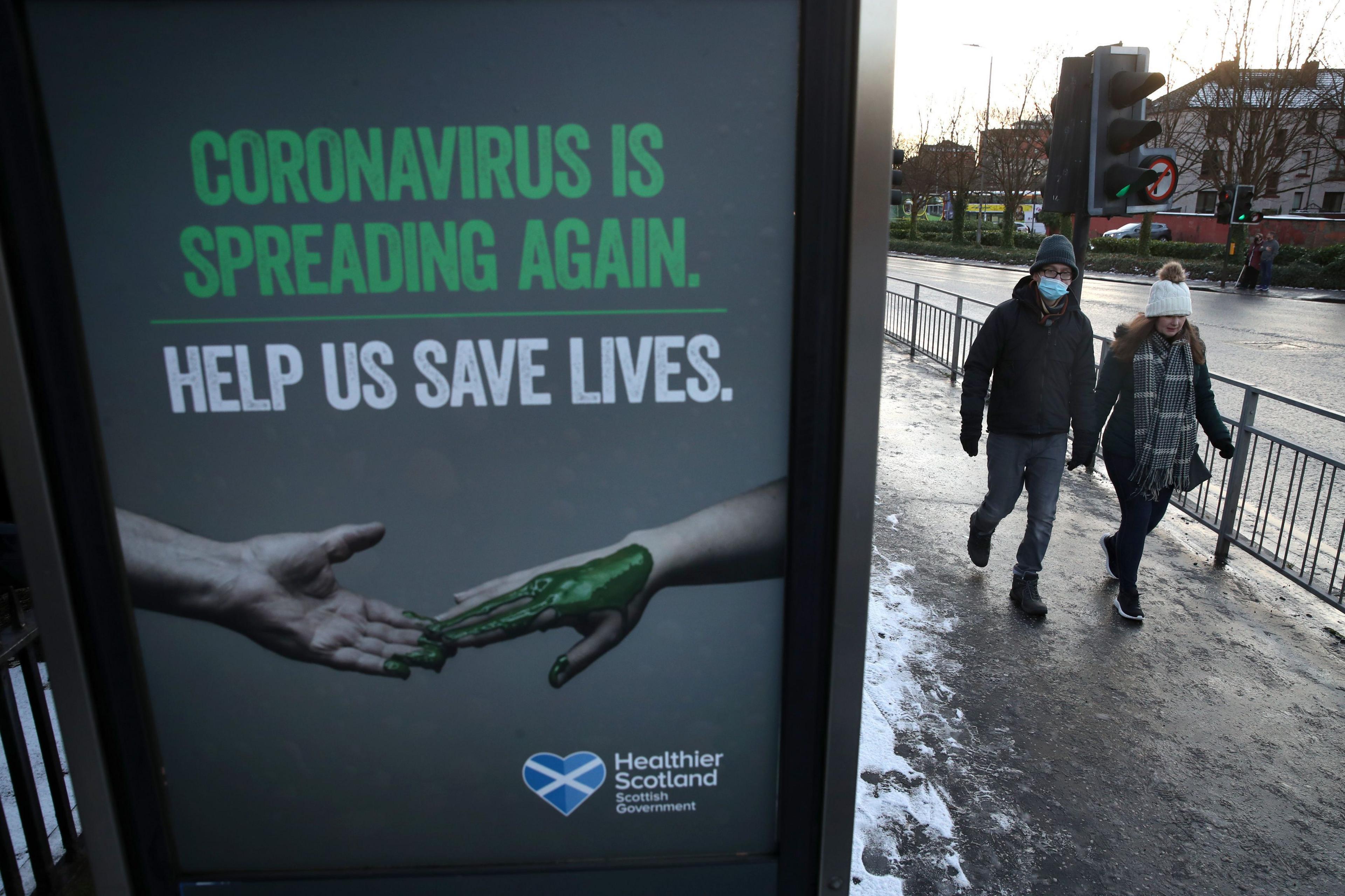
The UK Covid-19 Inquiry began in 2022 and has heard from a number of key people involved in Scotland's response to the pandemic - including the former first minister Nicola Sturgeon.
As well as starting earlier than Scotland's inquiry, its scope is much broader as it covers the impact of the pandemic and decisions taken by the UK government for the whole of the UK.
The Scottish inquiry is only investigating policy areas under the control of the Scottish government.
For example, the UK inquiry will investigate the decisions taken over which Covid vaccine supply strategy to pursue for the whole of the UK.
The Scottish inquiry does not cover which vaccinations were bought, but it will look at the design and delivery of the vaccination strategy as it fell to Scottish ministers to implement these decisions taken at a UK level.
The UK inquiry has already investigated some of the political decision making around the pandemic whereas the Scottish inquiry is leaving this until later in its schedule.
The approach in Scotland is to give priority to evidence from people most affected by the pandemic, such as bereaved relatives and healthcare workers, before moving on to the key decision makers.
This means the conclusions and recommendations will come at the end of the process, which is still likely to be at least two years away.
By contrast, the UK inquiry is doing this as it goes along and in July chairwoman Baroness Hallett published her first findings where she said both UK and Scottish governments “failed their citizens” by not doing enough to properly plan for the crisis.
The UK Covid Inquiry is currently sitting in London and hearing from those involved in delivering healthcare.
What has happened in the Scottish inquiry so far?
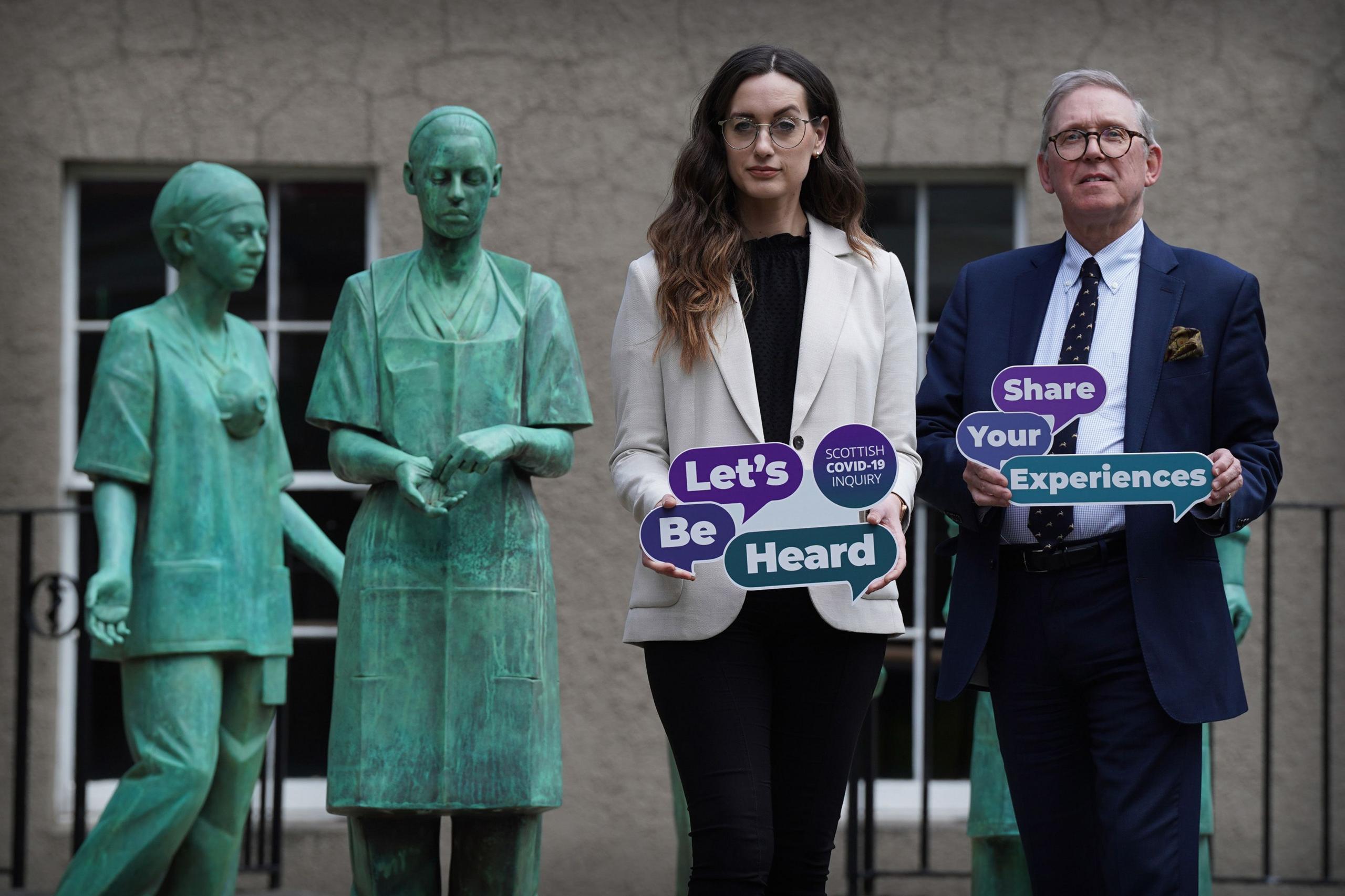
Dr Alexandra Anderson, who is charge of the Let’s Be Heard project and inquiry chairman Lord Brailsford next to a memorial in Edinburgh dedicated to NHS staff who worked through the pandemic
Evidence from people in the health and social care sector who were most affected by the pandemic was heard between October last year and June this year.
Much of this was the personal and often harrowing stories of the relatives of some of the thousands of people who died with Covid during the pandemic.
This was gathered in both written submissions and people appearing in person at the inquiry's hearings in Edinburgh.
In November last year, Gillian Grant told the inquiry a "do not resuscitate" plan was put in place for her grandmother at the care home where she lived, against her family's wishes.
The inquiry also heard Caroleanne Stewart's story of paramedics arriving at her brother's house as he struggled with Covid symptoms but refusing to get out of the ambulance.
On the issue of protective equipment, the inquiry heard a lack of PPE during the early stages of the pandemic meant some GPs wore repurposed bin bags for aprons.
Another hearing saw a relatives group compare care home residents to "exhibits in a reptile house" because of pandemic restrictions that limited visiting.
In addition to the public hearings, the Scottish inquiry has been conducting a Let's Be Heard project, external to try and maximise the number of people around the country who can have their say about the impact Covid had on them or their loved ones.
More than 10,000 people have taken part in the project and an interim report , externalspells out how lockdown measures impacted people.
What will the latest hearings cover?
The focus of the inquiry hearings over the coming weeks will be the impact of the pandemic on education, ranging from early years to colleges and universities.
A wide range of issues will be tackled with experts and frontline workers giving evidence.
The hearings will consider whether a digital divide affected home schooling, investigate the disruption caused to exams and qualifications, and look at the way social isolation affected the mental health of young people.
At the early years end, the lockdown's impact on children’s social and emotional development and behaviour will be considered.
The reopening of colleges and universities, as well as the financial and educational impact of lockdown restrictions on students will also be looked at.
The inquiry has taken the decision to not let young people give evidence in person.
Instead it is running surveys to gather experiences from teachers, childcare professionals and children aged eight years and older.
The education hearings in the coming weeks will be followed by ones relating to the impact on business and welfare, with this section of the inquiry set to finish on 20 December.
A final series of impact hearings between February and June next year will explore impacts of the pandemic which have not yet been covered across the three main themes.
- Published15 October 2024

- Published14 March 2024
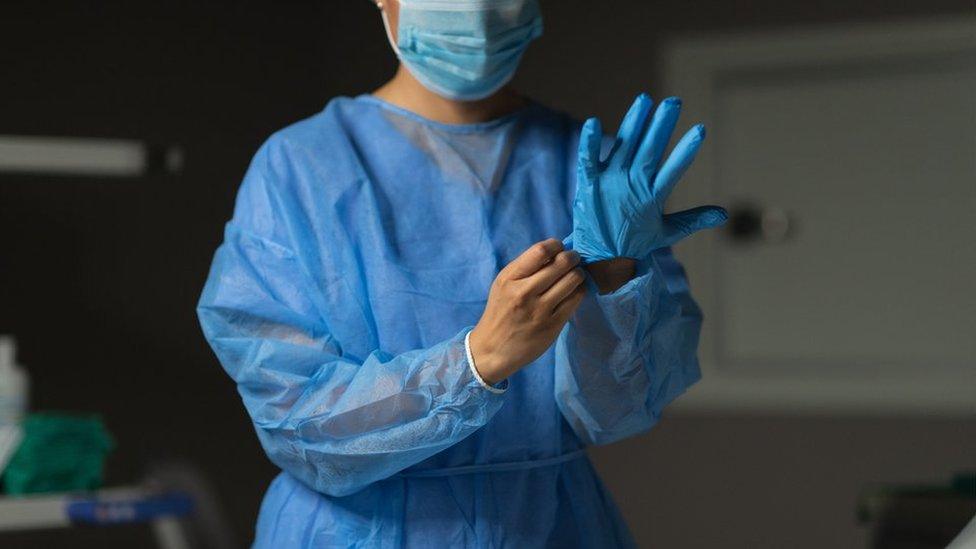
- Published9 December 2023
